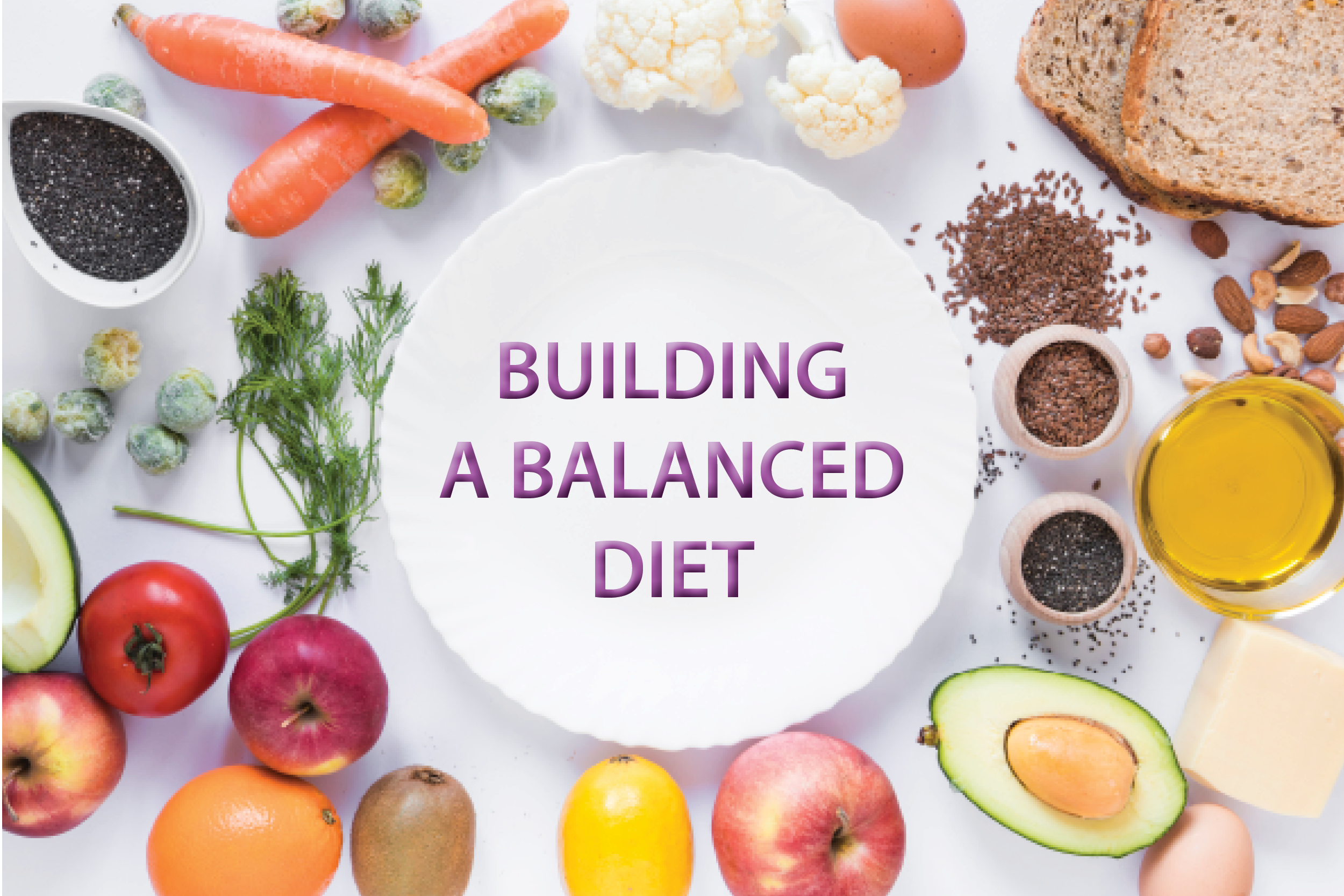Building a Balanced Diet to Support the Body During Cancer Treatment
Eating a healthy, well-balanced diet during cancer treatment is crucial in keeping your body as healthy as possible. Consuming nutritious food can help you feel better and stay stronger during this difficult time. Food is empowering because it is one of the few things you can control during your treatment, so try and make the most out of each meal and snack.
Cancer treatment can have a wide variety of side effects, including NIS (nutrition impact symptoms) such as nausea, vomiting, constipation, diarrhea, fatigue, and loss of taste, amongst others. This can affect what and how you eat during your treatment.
Eating a nutritious diet and consuming enough energy and protein can help you maintain a healthy weight during cancer treatment. It will also help improve energy levels which can help you stay strong and improve your quality of life during cancer treatment. It is important to have a balanced diet of protein, healthy fats, and carbohydrates.
Protein: Protein plays an important role in our health and well-being. It can help with weight management, bone health, immune function, and maintaining muscle mass (which is very important while undergoing cancer treatment). Protein is found in both animal and plant-based foods such as beef, chicken, fish, eggs, beans and legumes, nuts and seeds, and dairy products.
Dietary Fats: Dietary fats play an important role in our body. In addition to being a source of energy, fat helps regulate many body functions (smooth muscle contraction, immune function, blood clotting, and blood pressure), helps absorb and transport fat-soluble vitamins, and healthy fats help reduce inflammation and improve heart health. Some foods that contain healthy fats include avocados, olive oil, ground flaxseeds, and walnuts.
Carbohydrates: Carbohydrates are essential because they are our body’s main source of energy. That being said, not all carbohydrate foods are created equal. The “healthier” carbohydrates have more fiber and other nutrients that support gut health and overall health. Try to include whole wheat, bran, oats, fruits, and beans in your diet regularly.
It’s always a good idea to make an appointment and discuss your diet with one of our Registered Dietitian Nutritionists (RDNs). They will help you curate the best nutrition plan for you and your health!

